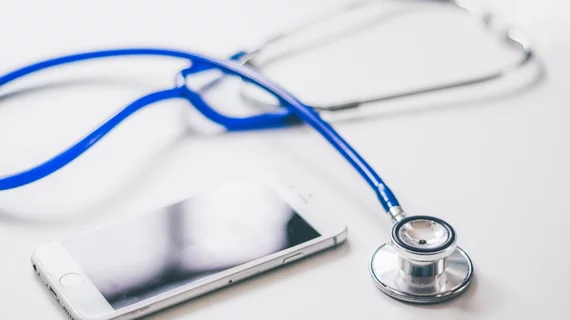Medical smartphone apps widely studied for potential but not for actual use
There’s plenty of research into the diagnostic accuracy of medical smartphone apps created to supply clinical decision support (CDS). However, few studies have looked at how helpful these apps are in clinical practice.
That’s according to a literature review conducted at King’s College London and published in Artificial Intelligence in Medicine.
In presenting their findings, the authors note the gap must close if CDS apps are to fulfill their early promise for broadening access to care as well as the quality of care.
Dr. Helena Watson and colleagues searched multiple research databases for studies on CDS and smartphones published between 2007—the year the first iPhone was released—and January 2019.
Analyzing nearly 50 representative articles, they found the most widely researched apps were those created for interpreting images, integrating clinical guidelines into educational tools and translating predictive models.
Further, global health emerged as an early adopter of CDS apps, and there was much variance in technical descriptions of app development as well as in regulatory considerations.
In their discussion, Watson et al. comment that CDS apps have “huge potential” to enhance access to care and quality of care.
“Clinical effectiveness trials are lacking, but the medical community may need to modernize its approach if it is to be truly committed to capitalizing on the opportunities of digitalization,” they write. “Like all clinical tools, its user has an obligation to ensure its use is safe and appropriate for patients, particularly in this time where regulation is in its infancy.”

